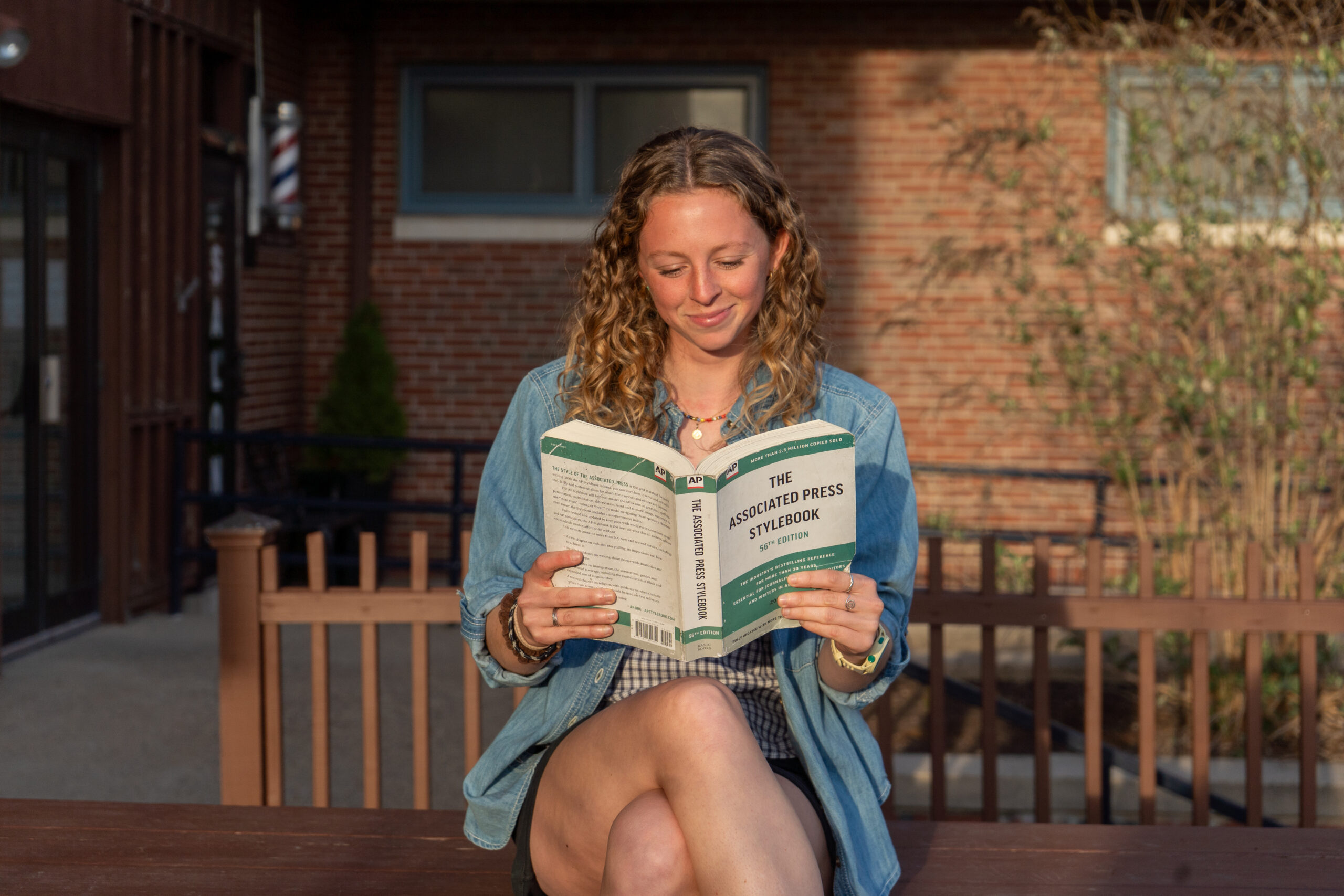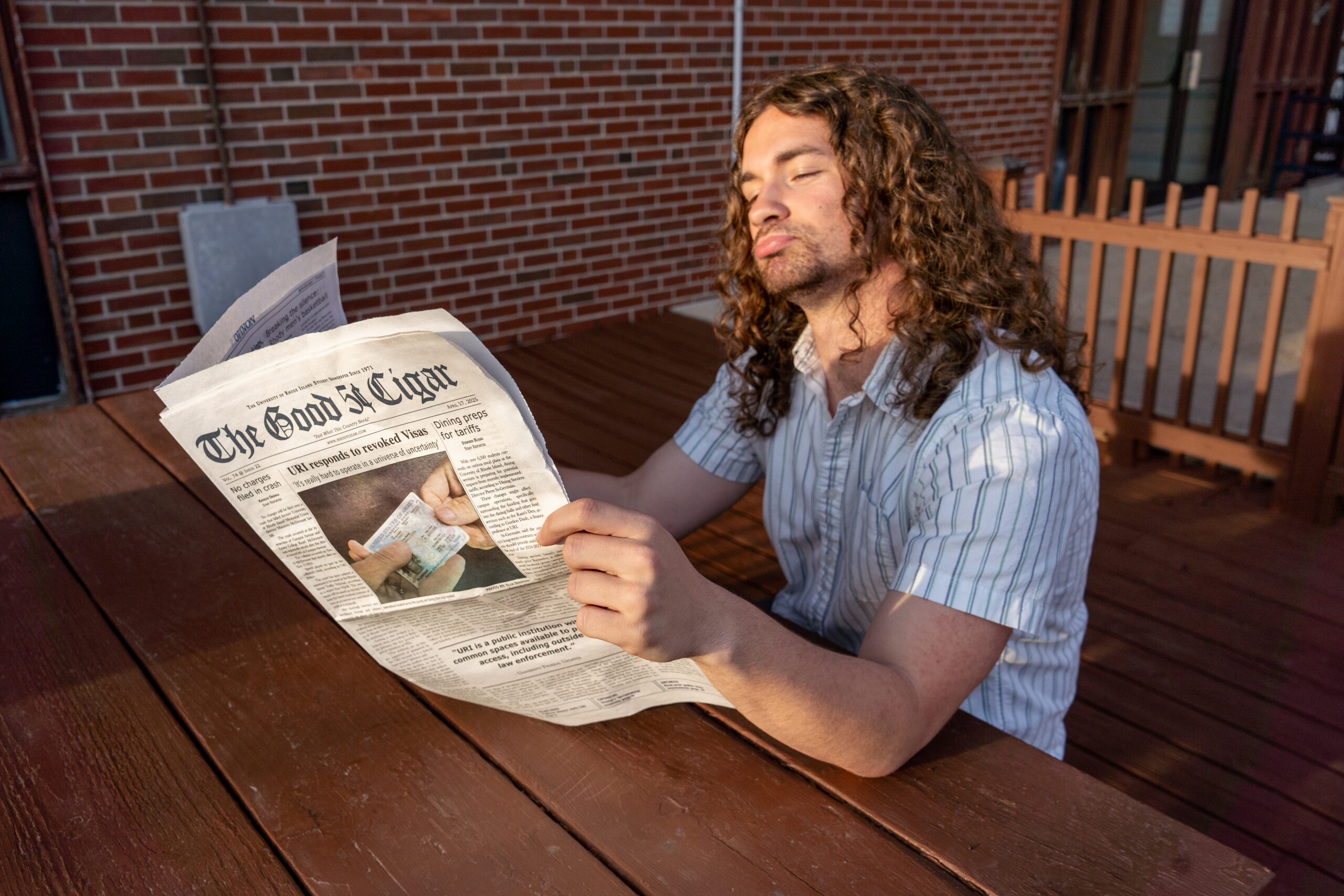For centuries members of the LGBT community have been ostracized, denied rights, and looked down upon by the predominantly heterosexual cisgender society of the world. In the last thirty years, great strides have been made, where many countries have reformed and grown to accept various members and identities within the community. Of course, although there has been much progress, there is still more work to be done; worldwide, LGBT members are still fighting for their rights. However, while they fight for this acceptance from the world, within the community itself, there is a significant lack of acceptance towards one another.
It is troubling that a group fighting for acceptance demonstrates discrimination and disrespect within its own community. Society as a whole has created this image of beauty that depicts toned, skinny, white and cisgender as being superior. In the gay community, jocks, twinks, and people with the “model” looks are idolized, while others are put down. The world as a whole has taken great strides in combating these unrealistic expectations. Discrimination such as a person’s weight, skin color, gender identity, HIV status, etc. is present among all groups of people, but it is especially notable in the LGBTQ community.
In recent years, dating apps have given these attitudes a platform on which to stand. Apps like Tinder and Grindr give way for people to find dates, even relationships, and sexual encounters, yet the process is dehumanizing. Many users have statements such as “no blacks”, “no Asians”, “no fems”, “no oldies” or “no fatties” in their bios. In their eyes, the people with these bios are meant only to convey their preference but in their phrasing and execution, these statements only work to divide and separate people from one another.
Recently Grindr has begun to produce videos in hopes to create a more positive environment on their app. The videos, dubbed “Kindr,” and are a series of webisodes where Grindr users can tell their stories and shine light on the negative aspects of Grindr. The first five episodes are stories from various users talking about their experiences with Sexual Racism, Body Shaming, Transphobia, HIV Stigma and Femme Shaming. The company says that the goal of these videos is to build a kinder Grindr. Grindr has made many recent updates to their Community Guidelines to try and follow through with the purpose of these videos, but it will take more action from its users to be able to be successful. The sixth episode discusses how many Grindr users have made kindness their preference above all other preferences they have.
Yet the community at the University of Rhode Island that uses Grindr does not seem to adhere to the app’s philosophy. Users have had a multitude of traumatizing experiences where they have faced negative actions or discrimination. One anonymous user details how simply for respectfully saying that he was not interested in meeting another user, he was met with a rather harsh expletive. Another greeted someone by just saying “hey”, and received the response “hahahaha no.” Multiple other users from the URI area have been in similar situations, where they were faced with rude or obscene messages simply for the way they look, their preferences, or simply for being them–behind a screen, it is not easy to recognize the effects of words.
The lack of acceptance shown in the LGBTQ community at URI is astounding, especially given the school’s efforts to create a safe place for its members. The Gender and Sexuality Center is the first and only in the world to have been built for exactly the purpose that it serves, rather than an old building or office being repurposed to be an LGBTQ education and safety zone. The center conducts events and outreach to be able to fulfill this purpose, and they do many amazing things in the process. However, they cannot control the community we create through apps like Grindr and Tinder. They cannot help to curb the actions of the users of these apps on and around campus. It’s up to the students of URI and the citizens of the surrounding areas to make changes, to prioritize kindness in their preferences. It does not take more than 10 seconds to simply type out “sorry, I’m not interested, good luck!”. It is hypocritical of the community to not show the same tolerance and compassion they are seeking for. Kindness, in general, is something both the LGBTQ communities, and other communities need to embrace and improve on. Acceptance takes effort, it takes action, and the only way for the world to truly accept us is if we accept one another first. Let’s start that here.
Cameron Poe



